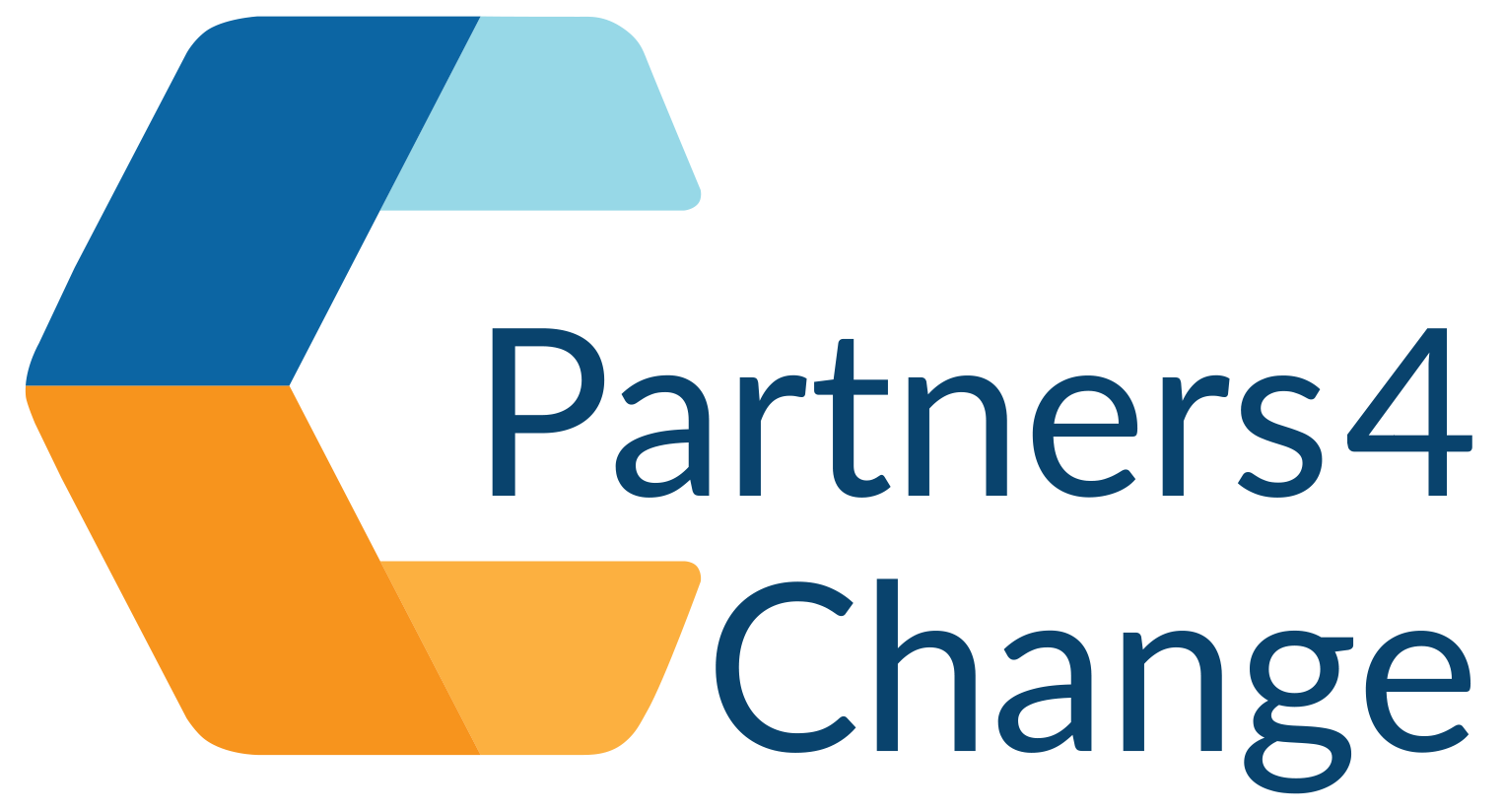Keyworking – does it increase dependency and ‘ownership’?
East Cambs Learning Disability team have been using The Three Conversations® to rethink completely how they do their work.
Instead of intake assessments, referrals, allocations and waiting lists they are learning how to have appropriate conversations with people and families, focussed on helping them to get on with their lives in their families and communities.
Charlotte Kirin, the East Cambs team manager, talks about how they are taking a different approach to how they work, which except for Conversation 2, challenges the notion that key working is a good thing.
She said: “East Cambs Learning Disability Partnership have been working to The Three Conversations® approach that we are calling ‘Transforming Lives’ since October 2014. It means we are thinking differently about how we interact with people at all stages of their contact with us.
On the way we’ve changed many of the processes that were in place. Early on, we decided that as a team we’d look differently at the keyworking system that was in place.
We value the relationships that are established between a worker and a person who needs our support. In fact, there is increased recognition of the importance of close and consistent contact during times of crisis. The Three Conversations® describes it as us ‘sticking like glue’ at times of crisis. It makes perfect sense to have one person involved while we’re working with someone to get things back on an even keel.
But for other people, who have ongoing support that works for them, we’ve found that most of our contact is at the first conversation stage, just needing a quick discussion and some information sharing. And having a name against a person on a database is more likely to lead to unnecessary referrals or people being passed on or messages taken (that then sometimes get lost), because the named worker isn’t available. It’s all things we want to avoid in our commitment to providing responsive, helpful, proportionate responses. We are committed to helping someone wherever possible through the very first conversation we have with them, rather than dragging them into our system. We are committed to helping someone find a solution the first time they contact us wherever possible.
Now, instead of having a keyworker, most of the people we work with are ‘open to the team’ and we think this better describes the way we’re working. We meet weekly to discuss anyone who is having a 2nd conversation intervention, to check they’re OK, to think about what else we can be doing, to see if they’re ready for us to back off. These meetings are where we check that the decisions we’re making are defensible, and that we’re evidencing the use of professional judgement. This is where we challenge each other as to whether things we’re putting in place are there for the person and their family, or for our convenience or ego.
I think now that most emergency respite and in worst case scenarios hospital beds are put in place to allow workers to feel that a situation is resolved, rather than because they make things better for a person in crisis. And, if we’re not careful, our egos get in the way of proper conversations and co-working with people and families. Unless we take the time and effort to think things through together, decisions are sometimes made on the basis of how well we think we know a person or a diagnosis, rather than on what is in front of us right now and what we’re being told.
By describing people as being ‘open to the team’, rather than the responsibility of one person, we are committing to sharing our thinking and reminding ourselves that our role isn’t about ownership, or control and that when we’re working with people, we aren’t the experts.
Here are some prompts we use to keep us authentic to the model:
Think differently. The conversation is about the person, not about our processes or the services we provide.
Remember we don’t know best. We have expertise in learning disability. We’re not experts on individual people, their experiences, their family.
Remember that everything we think we know about the person could be wrong. Or, they could have changed. Or, we could be preventing change because we think we know them and have created a structure around them that doesn’t allow progression.
Think about whether we really know that person’s life beyond the services. There could be a wealth of information about things they access that we can add to our knowledge of the community.
Remember that people’s lives tend to be better when they are in control. Look for strengths. Listen for what that person is telling us is important, and think about how to support that, rather than assuming we understand what the problem is.
Move from a mindset of keeping people out to welcoming them in. Listen to what the person is telling you without trying to fit them into an MH or LD or OP box.
Try to find a solution at the first possible point of contact. Passing people on has an impact on how they feel about the service they receive, and every pass is more work and more opportunity for information to be mangled.
Talk about strengths and resources, and where you learn something knew about a coping strategy or a community service, make a note of it – it might be useful for somebody else.
If possible, provide a chance for people to interact with you face to face. Coming along to a drop-in can be a more effective way of getting an understanding of somebody’s needs than a telephone conversation, and can allow for tasks to be supported (forms filled in, information shared) on the spot and without the need for anyone else to be involved.”
